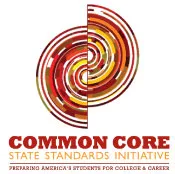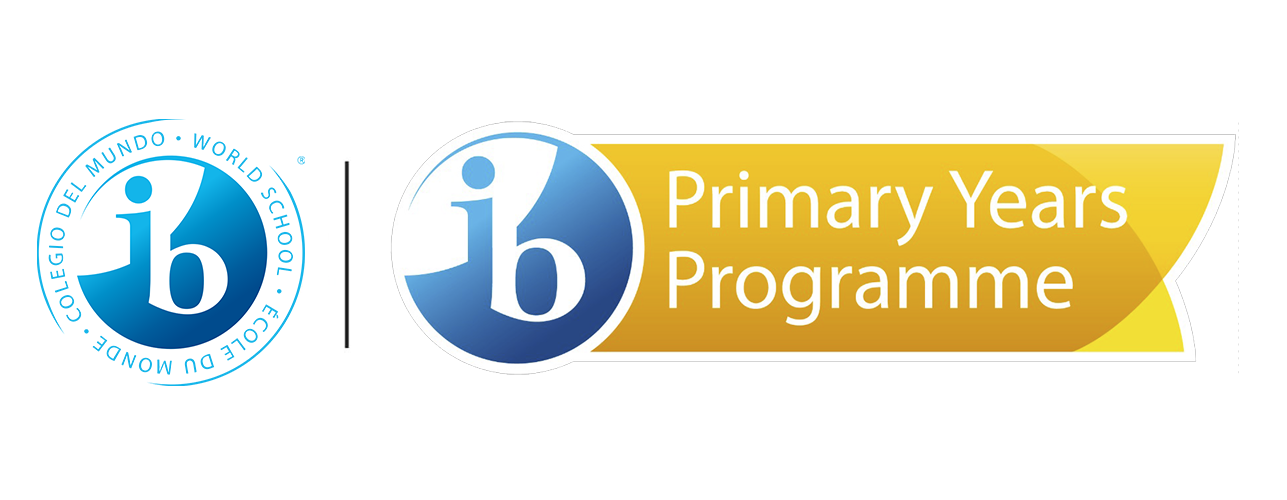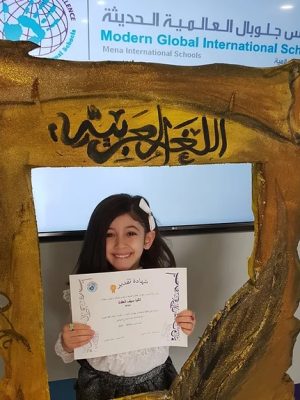
MGIS Curriculum follows the US Common Core Standards with high fidelity to academic rigor in providing the knowledge and skills required to be college and career ready.
By achieving its curriculum objectives, MGIS teaching methodology embeds character values with academic training to develop student competency as well as curiosity. All stakeholders review the curriculum annually, and pedagogical differentiation is happening at different levels on the continuum to meet standardized requirements, individual student needs, and high achievers.
MGIS implements a curriculum aligned to the US Core Common Standards for Math, English Language Arts (ELA) social studies and Science. The US Common Core Standards is enhanced by extracurricular activities to cater to the holistic needs of students with iPad and Chromebook in every classroom, and its upgraded computer labs, MGIS is a leader in implementing technology into its pedagogy.

At MGIS, the American curriculum serves as a strong academic foundation that is thoughtfully integrated within the IB Primary Years Programme (PYP) framework. By aligning American educational standards with the PYP’s inquiry-based, transdisciplinary approach, MGIS ensures students receive a balanced, rigorous education that promotes both academic achievement and the development of essential life skills. Through the six transdisciplinary themes, students explore meaningful concepts while meeting the academic benchmarks of the American curriculum. This integration allows learners to build subject-specific knowledge, develop critical Approaches to Learning (ATL) skills, and embody the attributes of the IB Learner Profile, preparing them to succeed in a global and ever-changing world.
Integrating Curriculum Subjects Through the IB-PYP Framework at MGIS
At MGIS, curriculum subjects are seamlessly integrated within the IB Primary Years Programme (PYP) framework to create meaningful, connected learning experiences for students. Rather than teaching subjects in isolation, educators plan transdisciplinary units of inquiry under the PYP’s six globally relevant themes, allowing students to explore big ideas that cross subject boundaries. Through this approach, subjects such as English, math, science, social studies, and the arts are interwoven to support the development of conceptual understanding and essential Approaches to Learning (ATL) skills. This integration fosters deeper engagement, critical thinking, and real-world connections, ensuring students not only meet academic standards but also grow as reflective, inquiring, and globally minded learners.

The mathematics program lays the groundwork for mathematical literacy from an early age starting in KG1 (3 years old). Our students are introduced to strands in calculations, algebra, data and probability, geometry, measurement, numeration, patterns and functions.
The course sequencing is designed to produce mathematically literate people who:

Our science program embraces the philosophy and premise of the US Common Core Standards (CSS) and the Next Generation Science Standards (NGSS).
Our goals for science KG-G9 is to educate students who are able to:

Our comprehensive, research-based curriculum follows the US Common Core Standards (CSS) with a balanced literacy approach for reading, writing, speaking, and listening. Our focus on literacy begins in the nursery and continues through Grade 9 with increased complexity.
Our program prepares our students for Success with these features:

Modern Global International Schools give great attention to teaching Arabic and Islamic Studies as an essential part of our core curriculum subjects. We follow the Ministry of Education (KSA Subjects) curriculum for Islamic studies, Arabic language and history of KSA. MGIS also offers Arabic as a Second Language for all non-native speakers. The KSA curriculum objectives include:

Technology serves as a transformative instrument within the classroom environment, eliciting enthusiasm and fostering engagement among students. Its utilization is instrumental in augmenting instructional methodologies and is seamlessly integrated into all implementations of the IB Primary Years Programme (PYP). Students benefit from access to Chromebooks and iPads equipped with a suite of updated educational applications curated by Google for educational purposes.
Ensuring equitable access to cutting-edge technological resources, all students are provided with devices tailored to a 1:1 device-to-student ratio. Additionally, an array of online curriculum materials and learning resources are made available, complemented by streamlined parent communication channels.
The incorporation of immersive educational technologies facilitates learning through interactive modalities, thereby equipping students with the requisite skills to meet academic standards while simultaneously enhancing their proficiency in computer literacy.
Chat On WhatsApp